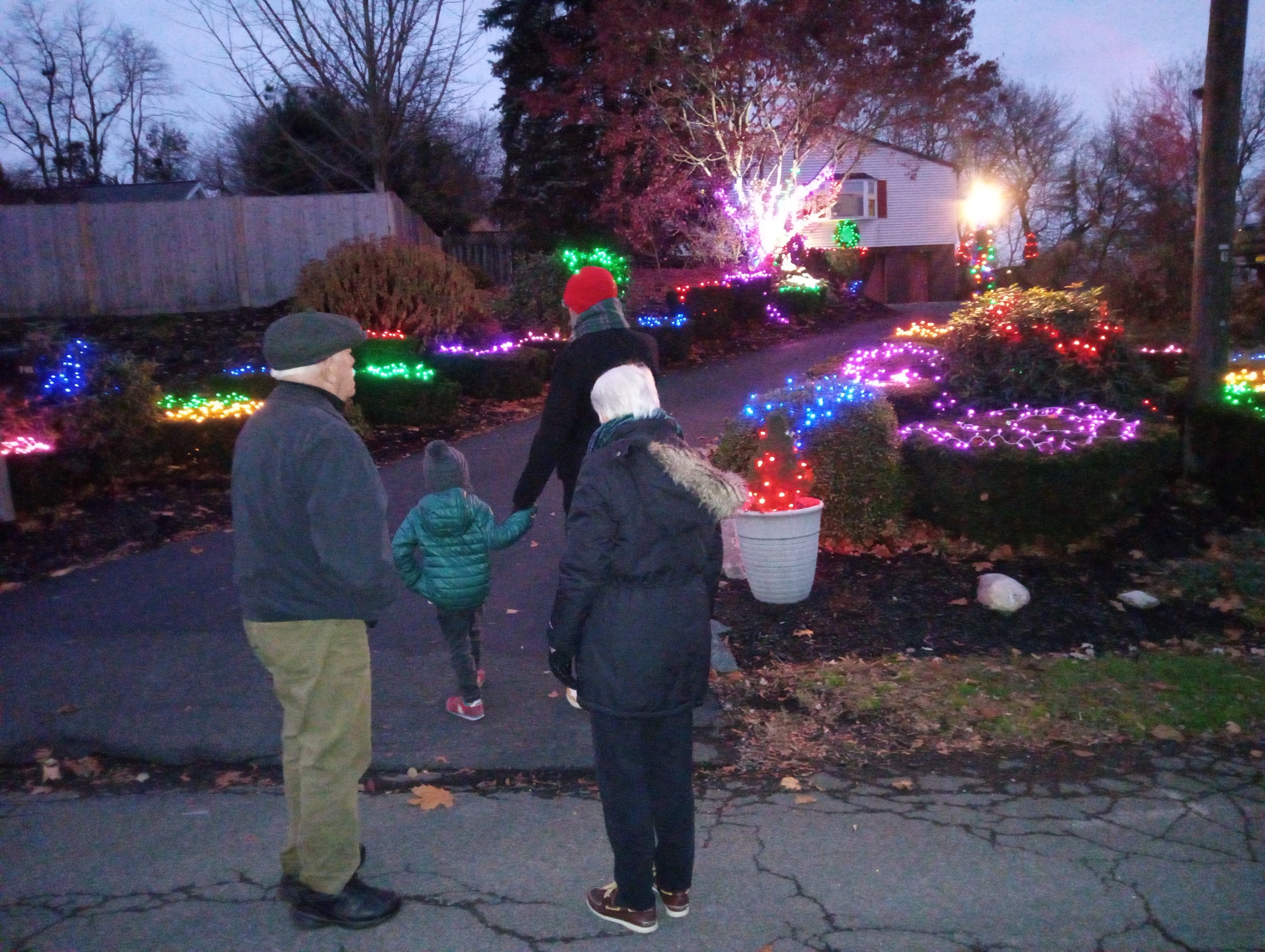Why You Should Join a Writing Group!
I have long been a fan of writing groups. When I was writing my dissertation, I wrote with a small group of anthropologists and folklorists. We wrote together and exchanged and discussed our writing; the other members’ feedback shaped my writing and thinking in meaningful and enduring ways. I also participated in writing groups that did not exchange writing; these also helped to bring my dissertation into the world. My husband and I met in graduate school and spent hundreds of hours writing across from each other in the Fine Arts Library, Soma Coffeehouse, and the Bakehouse (all in lovely Bloomington, Indiana!). I also participated in a dissertation writing boot camp where a cohort of students met for several hours daily in the summer, setting goals and working quietly together.
These groups boosted my productivity and my confidence as a writer. They also helped me build relationships with others, many of which continue today. I benefited from my peers sharing tips and strategies that they used in their own writing. I still think of some of this advice when I sit down to write ten years later (Write every day! Don’t use a five-dollar word when a fifty-cent word will do!).
In my time working as an academic developmental editor, I’ve been struck by how many of my clients share that they have trouble making time for their writing. Some feel they need more accountability to help get their work done (and hire me to provide this); some just don’t see how to make time for writing under an overwhelming pile of administrative and teaching responsibilities. They and other friends and colleagues also talk about the isolation they feel in the academy. This has made me think more about my earlier writing groups and all the good they did for my writing and spirit. It’s also inspired me to start offering scholarly writing groups of my own (registration is open now for groups starting in January 2023).
As I started planning these groups, my research showed that I’m not alone in finding that writing groups work. A recent academic study demonstrated that faculty at a large teaching institution who participated in writing groups benefited significantly from having designated weekly time for writing. Eighty-five percent of faculty who took part in these groups reported that the experience had a “very positive” influence on their productivity because they made them accountable to others, diminished distractions during writing time, and helped them invest in their work in constructive ways. Participants also developed a growing sense of connection with each other, which grew as they shared knowledge and discussed writing strategies.
Other studies suggest similar increases in productivity among writing group participants. Writing groups can also benefit particular communities, such as women by helping to ease stress as they navigate gender-specific challenges in academia. Research has also shown that writing group participants benefit from working in collaborative, non-competitive environments where people can find writing support as well as advice on how to navigate academic cultures. Such groups can also improve work-life balance and positively impact participants’ mental health. Participation in groups like these helped scholars deal with anxiety related to tenure and promotion, diminished feelings of isolation, and relieved faculty stress.
One additional personal benefit that I experienced from my writing groups was increased knowledge about who I was as a writer. By hearing other people talk about their writing and approaches to their work, I found myself better understanding my own process and scholarly voice. I became a more independent and confident writer with others.
If you find any of these ideas appealing, I urge you to start a writing group. You can meet with colleagues at your institution or virtually with people elsewhere. You’ll want to decide on the frequency and length of meetings, expectations for these meetings (Will you be writing together? Will you exchange writing?), and guiding principles for the group (What would participants like to accomplish? How would they like to interact together?). Try and identify your goals for writing and work to find others with similar goals.
I would also love to have you in one of my Creating in Community writing groups for faculty working in higher education and independent scholars. These groups will meet weekly for six weeks beginning in mid-January. We’ll gather via Zoom for two hours each session. Much of our time together will be devoted to writing quietly. We’ll use the other time for getting to know each other, goal setting, and participating in brief conversations and activities about writing. There is also the possibility of adding developmental editing or coaching onto your experience, if you would like a little more support. One group is open to anyone, while the other is designated for women and nonbinary individuals. I also have a few discounted spots available. Learn more and register here or feel free to contact me with questions. (I also am offering a discount to newsletter subscribers; you can find my newsletter sign-up on the bottom of any page on my website).
So happy writing and thinking and, remember, this work doesn’t have to be solitary!
*****
Like this blog post? Subscribe to my blog below for updates on posts about writing, editing, and scholarly life.






























